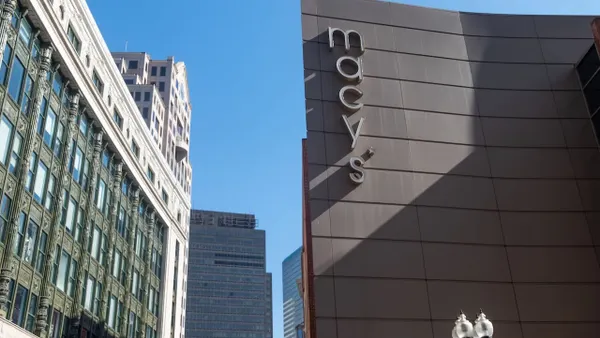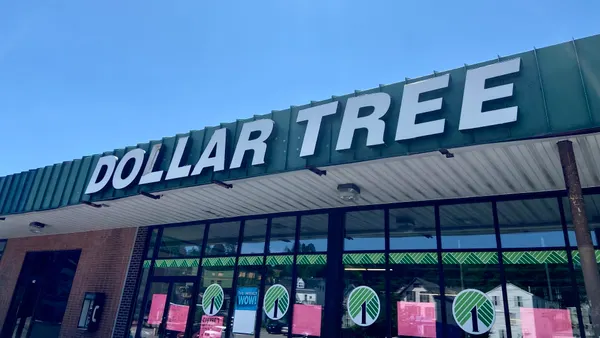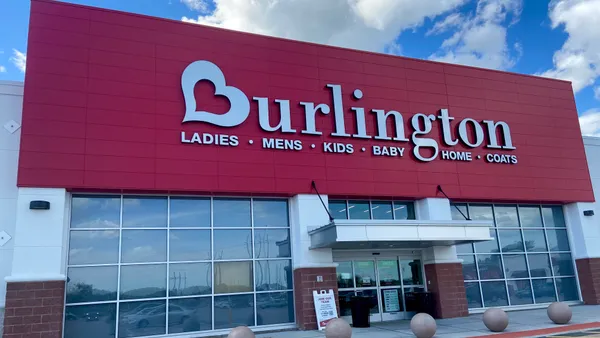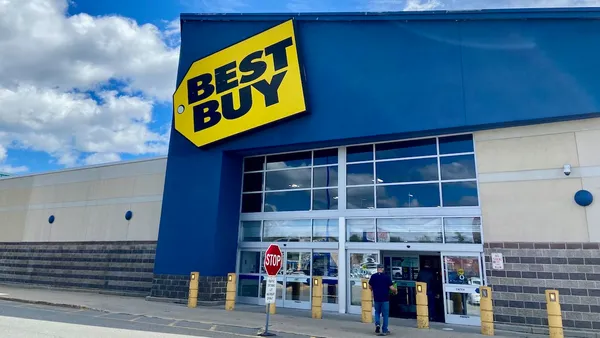Dive Brief:
-
Last year set records for mergers and acquisitions in the consumer markets sector, raking in a collective deal value of $311.6 billion, a 109% increase over 2016, according to PwC's U.S. Consumer Markets Deals Insights outlook for 2018 emailed to Retail Dive. The report focuses on retail, transportation, hospitality, entertainment, logistics and related subsectors.
-
Eight 'megadeals' (transactions over $5 billion) garnered $189.5 billion of that total, compared to just $33.9 billion in 2016. CVS' $69 billion Aetna deal and Amazon's $13.7 billion Whole Foods takeover were two of the largest retail deals of 2017. Large deals, especially cross border ones, are expected for the year ahead, John Potter, PwC deals leader for consumer markets, told Retail Dive.
-
In 2018, retail deals will be fueled by technology and innovation as companies look at adjacent areas to build up capabilities, for instance in logistics, delivery and customer engagement. PwC anticipates more investment in technologies such as artificial intelligence, Internet of Things connectivity, augmented reality and 3D printing.
Dive Insight:
While there's no singular path for growth, one thing is clear: In the new era of retailing, companies are embracing M&A. The average deal size hit $547 million in 2017, versus $293 million in 2016 and retail deal value specifically grew from 28% of total deal value in 2016 to 47% in 2017, according to the report.
"The dynamics we see are around trying to attract customers, hitting the needs of customers, and giving them what they need when they need it and the way they want it," Potter said. "[I]t's not about necessarily merchandising and selection as it is experience and interaction."
Potter added that activity around partnerships or acquisitions of companies was popular last year in the home delivery and meal kit space, which makes sense as retailers look to build out services that complement their core business. Notably along these lines, Ikea last year snapped up odd-job service Taskrabbit and Target bought delivery company Shipt.
Retailers are also likely to form more partnerships with companies in adjacent sectors as a way learn a skillset or a capability, Potter said. This is more along the lines of Target partnering with Casper. "Knowing what you're good at is important in knowing how to deploy capital," he said. "It's an excellent way to understand strategic go to market or supplier arrangements with an appropriate level of capital in what you're good at."
In the year ahead, he expects retailers to make many small deals to bolster technology and digital experiences. "There's a lot of small activity in the tech space looking at the way people develop to interact with customers. That cannot be left to the wayside," he said. "Technology and social media, virtualization, there is so much innovation in the tech space that is applicable to retail."
In 2017, the retail landscape was rattled by a record number of bankruptcies and store closings — as well as piqued interest by private equity groups. Potter said he imagines that interest will continue to build this year.












